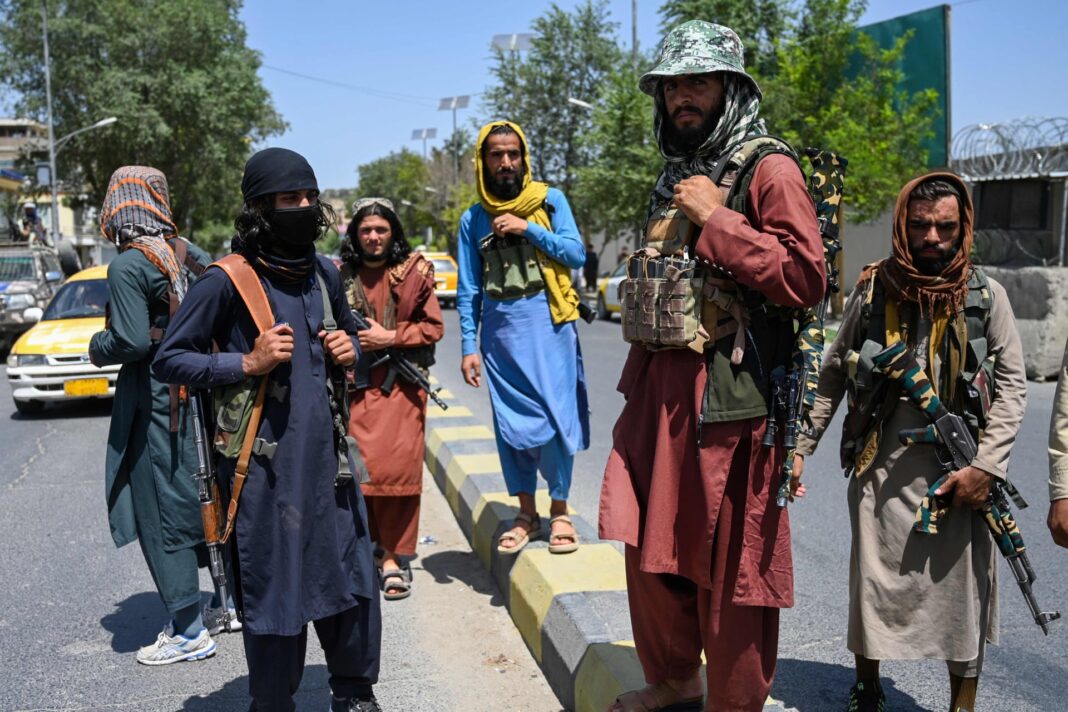Adeyemo stated he sees no situation where the Taliban would be allowed access to Afghan central bank reserves, which are largely held in the United States.
“We believe that it’s essential that we maintain our sanctions against the Taliban but at the same time find ways for legitimate humanitarian assistance to get to the Afghan people. That’s exactly what we’re doing,” Adeyemo told the Senate Banking Committee on Tuesday.
The Taliban have called for the US to lift a block on more than $9bn of Afghan central bank reserves held outside the country as the government struggles to contain a deepening economic crisis.
The Taliban took back power in Afghanistan in August after the United States pulled out its troops, almost 20 years after the armed group was deposed by US-led forces following the September 11, 2001, attacks on the US.
The US and other Western countries have been grappling with difficult choices as a severe humanitarian crisis loomed large in Afghanistan. They have been trying to work out how to engage with the Taliban without granting them the legitimacy they seek, while ensuring humanitarian aid flows into the country.
“Our goal is to make sure that we are implementing our sanctions regime against the Taliban and the Haqqani network, but at the same time allowing for the permissible flow of humanitarian assistance into the country,” Adeyemo added.
The Haqqani network is a group affiliated with the Taliban based near the border with Pakistan and blamed for some of the worst suicide attacks of the war.
Adeyemo noted the Department of the Treasury was taking every step it could within its sanctions regime to make clear to humanitarian groups that Washington wants to facilitate the flow of aid to the Afghan people, but warned that for humanitarian assistance to flow, the Taliban have to allow it to happen within the country.
The Treasury last month further paved the way for aid to flow to Afghanistan despite US sanctions on the Taliban when it issued two general licences.
